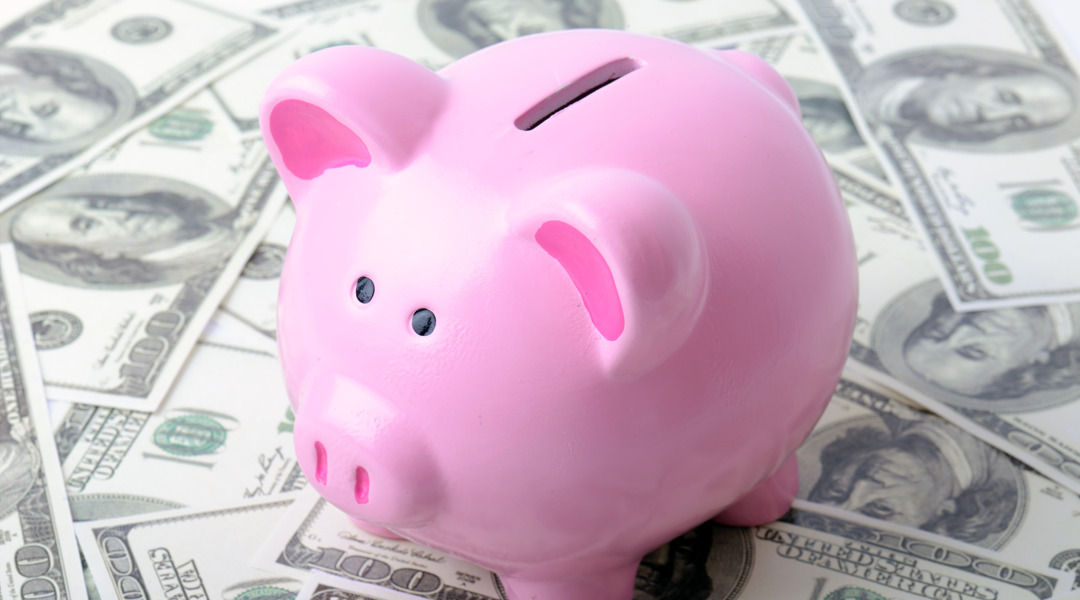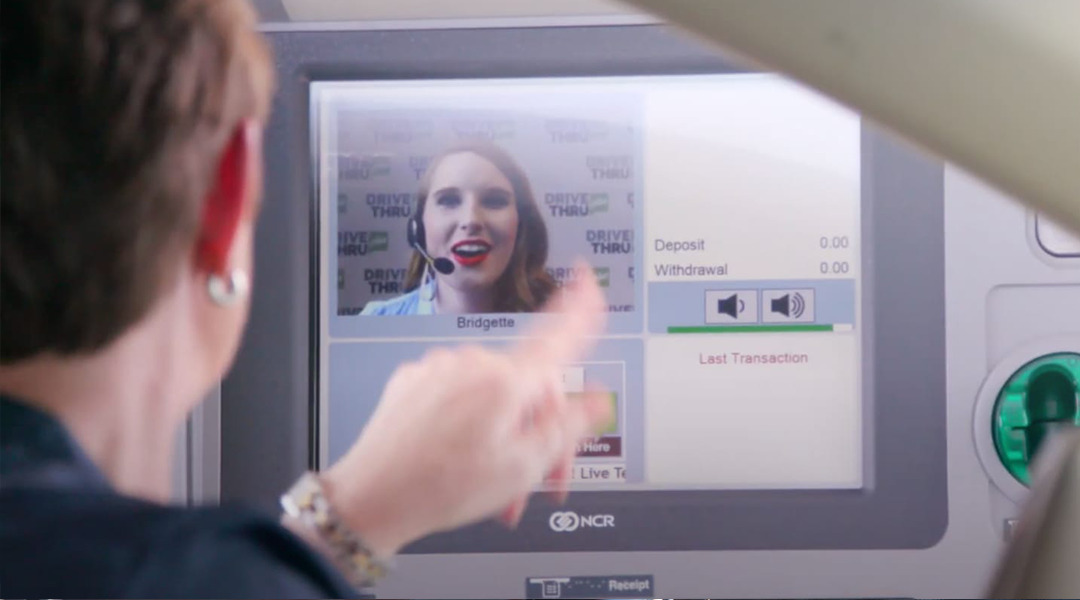
Save Money This Winter
Now more than ever, it is imperative that you be proactive about keeping your home energy efficient. If you do not keep an eye on this area, then you might be spending more money than you need. The best way to start saving money on your home energy bills is to perform a home energy audit.
Step 1: Find air leaks.
One of the biggest causes of energy wastage in your home is air leaks, and they are relatively easy to spot:
- Close all windows, fireplace flues, and exterior doors, leaving interior doors open.
- Turn on all exhaust fans that blow air outside, such as stove vents, bathroom fans, and clothes dryers.
- Light an incense stick, and hold it near common leak sites such as vents, attic hatches, window and door frames, and electrical outlets.
If the smoke from the incense stick wavers, you have a draft and need to seal it.
Step 2: Check your ceiling insulation.
The first thing you need to know regarding your ceiling insulation is the current recommendation for the amount of insulation for homes in your area, as well as how much insulation you already have.
If you do not have enough insulation, you are likely to be losing energy and need to get on top of that.
To check your wall insulation, you can rent an infrared thermometer from a tool rental company.
Step 3: Check your windows.
If your home has many windows, it could be losing heat. If your windows have stickers that say NFRC (National Fenestration Rating Council), you will be easily able to check their energy efficiency, as it will be printed on the sticker.
On the other hand, if you have no stickers on your windows, look at whether the window panes are single or double. Double panes are best as they trap heat more efficiently than single panes, so you might want to consider either fitting double-pained windows or installing extra insulation to help retain heat during the winter months.
Step 4: Find where you are losing energy.
If you have lots of electronic appliances in your home and keep them on standby, or even plugged in, they may be using excess power. For this reason, it is best practice to switch off and unplug all appliances when you are finished using them.
Keeping Track
Once you have completed the steps above, you should have a good idea of how energy efficient your home is, and be able to pinpoint areas that need improvement. Once you have made your improvements, keep a close eye on your energy bills to see where savings have been made.

 At Your Service
At Your Service DRIVE THRU plus
DRIVE THRU plus